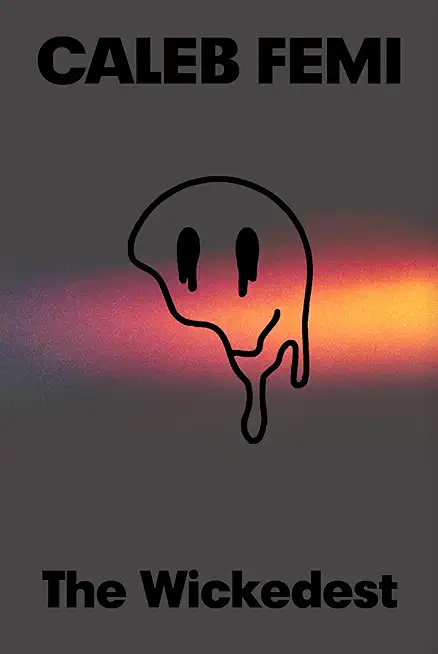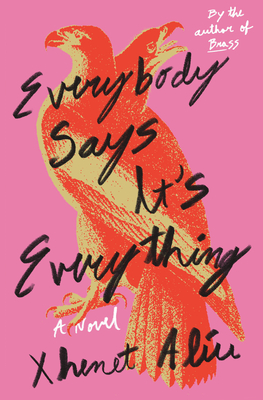
Camus, Albert
product information
description
1From one of the most brilliant and influential thinkers of the twentieth century and a Nobel Prize-winning author: two novels, six short stories, and a pair of essays in a single hardcover volume that deploy his lyric eloquence in defense against despair. In both his essays and his fiction, Albert Camus (1913-1960) provides an affirmation of the brave assertion of humanity in the face of a universe devoid of order or meaning. The Plague--written in 1947 and still profoundly relevant--is a riveting tale of horror, survival, and resilience in the face of a devastating epidemic. The Fall (1956), which takes the form of an astonishing confession by a French lawyer in a seedy Amsterdam bar, is a haunting parable of modern conscience in the face of evil. The six stories of Exile and the Kingdom (1957) represent Camus at the height of his narrative powers, masterfully depicting his characters--from a renegade missionary to an adulterous wife--at decisive moments of revelation. Set beside their fictional counterparts, Camus's famous essays "The Myth of Sisyphus" and "Reflections on the Guillotine" are all the more powerful and philosophically daring, confirming his towering place in twentieth-century thought. With an introduction by David Bellos. Everyman's Library pursues the highest production standards, printing on acid-free cream-colored paper, with full-cloth cases with two-color foil stamping, decorative endpapers, silk ribbon markers, European-style half-round spines, and a full-color illustrated jacket. Contemporary Classics include an introduction, a select bibliography, and a chronology of the author's life and times.
member goods
No member items were found under this heading.
Return Policy
All sales are final
Shipping
No special shipping considerations available.
Shipping fees determined at checkout.







